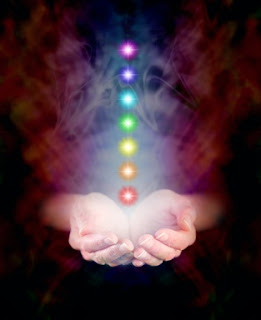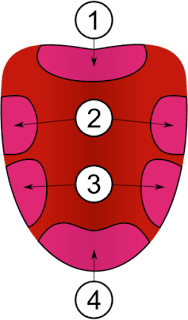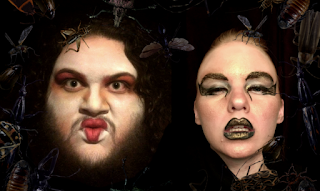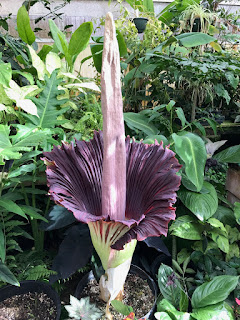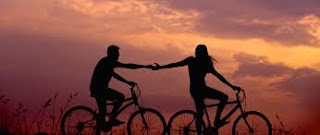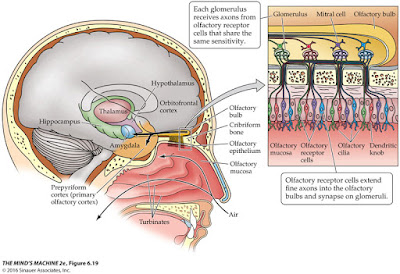The Wheatones Ritual
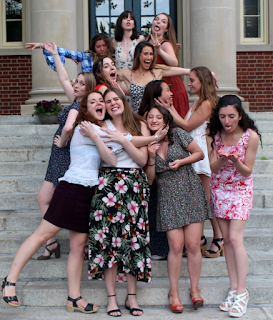
In class, we've discussed how many religious rituals usually involve some medium of music. The presence of music in these events helps to bind these communities and bring them closer together. I think that the Wheatones, an all female acapella group on campus that I am a member of, is involved in rituals that bind groups of people together. In as itself, the Wheatones meet in the same room, around the same time, four days out of the week. The purpose of the group is to create music arrangements and perform them using only voices, compared to instruments. We then learn the music through repetition and critiquing, and are usually offered to perform at events such as Relay for Life, nursing homes, children's museums of science, etc. When we are asked to perform it is usually to set the atmosphere for an event, or to unite the attendants of the event in one anthem. In this moment, everyone listens to the same tune in solidarity and potentially shares some of the same thoughts.

